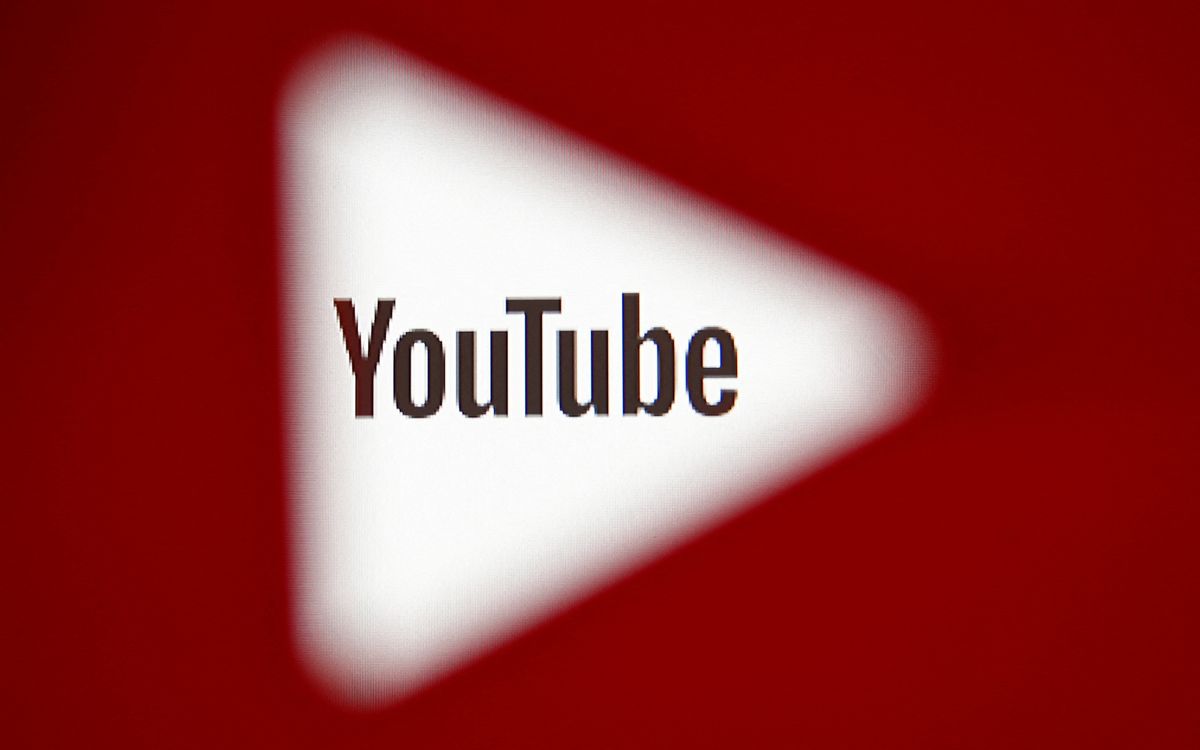Twitch and YouTube are pulling back on big gaming contracts
In the past, they used to offer big contracts, sometimes in the millions, to top livestreaming gamers. But they’re pulling back on those.

A few minutes every morning is all you need.
Stay up to date on the world's Headlines and Human Stories. It's fun, it's factual, it's fluff-free.
The backstory: In the world of online entertainment, two major platforms stand out – Amazon’s Twitch and Google’s YouTube. Twitch is where you go for livestreaming, especially in the gaming and esports world. YouTube, on the other hand, is a platform that hosts all kinds of videos. Despite YouTube's popularity, Twitch has been the primary hub for live gaming since its inception. For a while, these giants have been battling it out to sign exclusive deals with popular gaming influencers to draw in audiences and advertising revenue.
More recently: In 2018, Twitch reportedly spent US$90 million over two years to exclusively stream The Overwatch League esports league produced by Activision Blizzard. But when that deal ended, YouTube took over, and the viewership didn't quite match up. In 2019, Microsoft also tried to make its mark by signing gamers like Ninja for its Mixer platform, but it didn't pan out, and Ninja returned to Twitch.
The development: Now, both Twitch and YouTube are changing their approach toward gaming talent. In the past, they used to offer big contracts, sometimes in the millions, to top livestreaming gamers. But they’re pulling back on those. Twitch's CEO, Dan Clancy, said in an interview with Bloomberg News at the TwitchCon conference in Las Vegas that the platform’s previous approach of offering huge deals had led to bidding wars, and he thinks it's not a sustainable business model. While Twitch still has custom deals with a few streamers, it’s shifting toward more standardized terms for most of them.
YouTube is doing something similar, although it’s keeping it somewhat quiet. Insiders say that YouTube is reducing the size of contracts for top gaming livestreamers and shortening the contract durations.
Key comments:
"With more than 200 million gamers a day watching more than 50 billion hours of gaming content per year, YouTube provides gamers and their passionate fans with the most popular video gaming platform in the world," said Ryan Wyatt, former Head of YouTube Gaming, in a statement. "Both the Overwatch League and Call of Duty League are the quintessential examples of world-class esports content."
"I really took my time to decide which platform was best," said Tyler "Ninja" Blevins in an announcement in 2020, "and Twitch has been very supportive throughout this process and understanding my overall career goals."
"A lot of the focus in the livestreaming wars has been on the individual content creators being signed given that they make up the majority of the content in the space," said Doron Nir, CEO of StreamElements. "However, esports events are often responsible for the biggest audiences with the two most watched channels on Twitch in 2019 being Riot Games and Overwatch League. This makes YouTube Gaming's announcement of 3 notable leagues a significant move in terms of building their content portfolio and showcasing their commitment to the market."




Comments ()